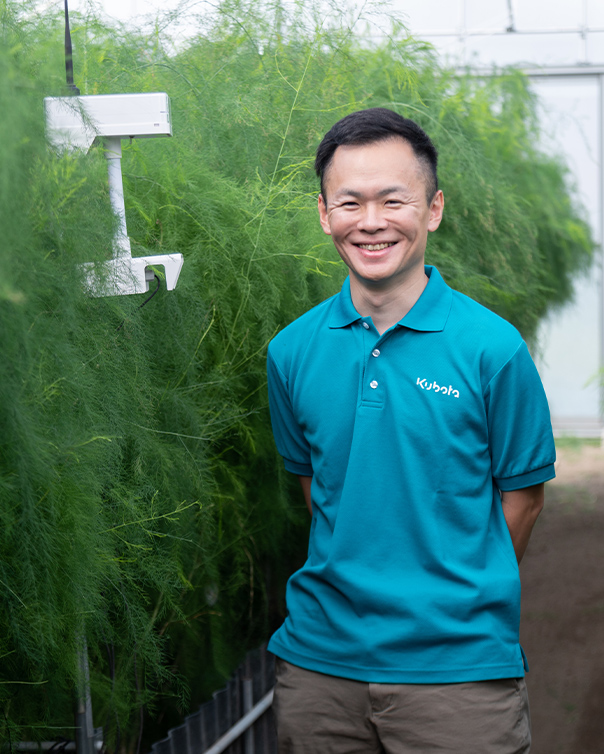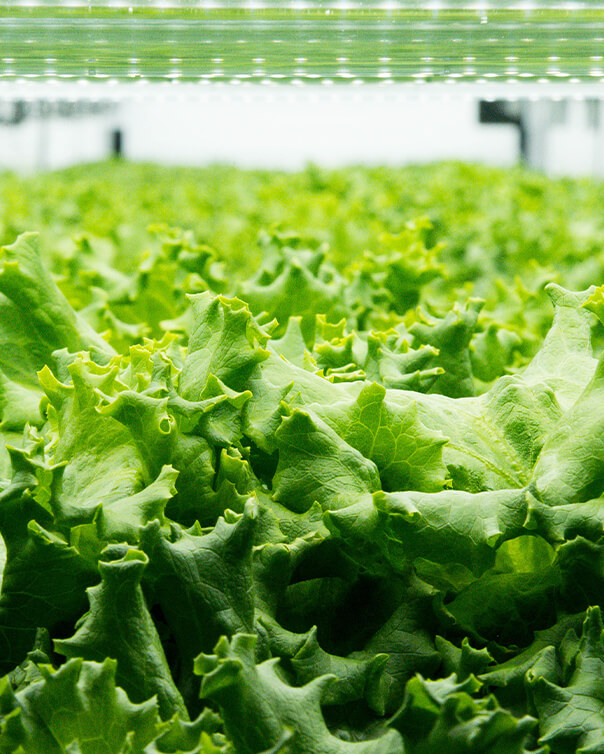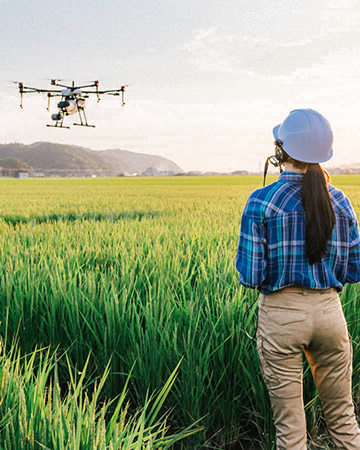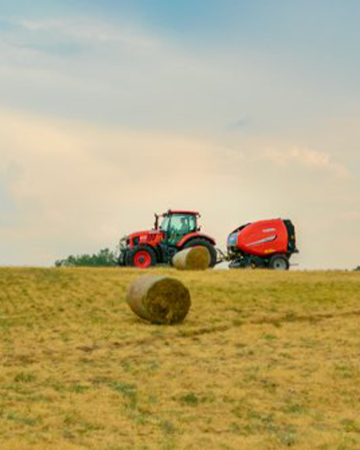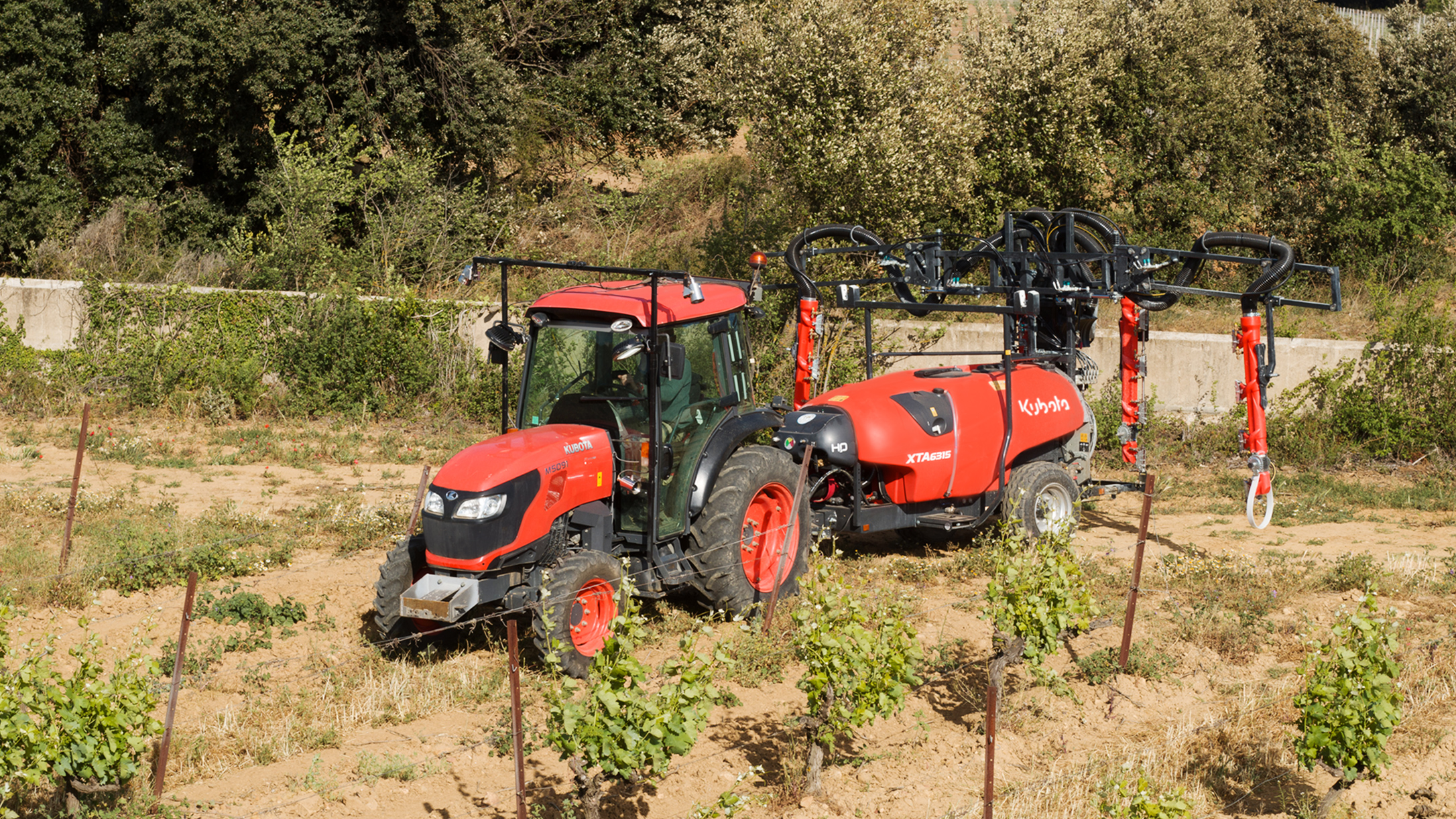
Kubota, in collaboration with French startup Chouette, introduced a precision farming solution for vineyards. Embedded sensors on tractors, powered by AI analysis, enhance vine care decisions, optimizing yields and quality. Disease maps created during trials since 2021 empower farmers to target interventions, marking a transformative stride in vineyard management.
How to Increase Vineyard Farming Profits, Address Vine Growth Needs, and Ensure Environmental Protection Simultaneously
The evolving environment and climate, coupled with a diminishing labor supply, are leading to escalating costs and time investments in the management of vine health and grape yields. Additionally, enhancing the wine tasting experience commences with the vineyard cultivation process, where effectively managing production and meeting customer demands relies on the crucial factors of quality and yield. How can vine growers address these agricultural challenges today?

A Vision of Healthy Vineyards
Integrating crop sensing with cutting-edge monitoring technology stands as the optimal method for precision farming in vineyards. Vine growers can leverage emerging technologies, including GPS and digital maps, AI, robotics, and autonomous equipment, to elevate vine health and enhance crop quality.
An effective strategy involves the utilization of devices such as embedded GPS signals, sensors, mapping, and AI-based monitoring, offering precise vine care and prescriptive treatment possibilities. These components empower farmers to enhance their vine analysis and management by providing a more comprehensive view of the crop, enabling the assessment of the individual needs of each vine tree.
Vine Mapping with Embedded Sensors and AI Devices
In conjunction with Chouette, a French agriculture startup developing “vine intelligence services”, Kubota has come up with an innovative solution for precision farming in vineyards: an integrated system using embedded sensor networks mounted on tractors that enable AI analysis and improve decisions for substantial vine care, increasing yields and quality, balancing the crop growth and use of inputs. With the help of Chouette device technology, regular and agricultural surveillance is now available.
Consider disease control as an example. In summer and during flowering, heightened climate conditions like high temperatures and humidity can increase the likelihood of diseases such as mildew or oidium. Through meticulous vine management, embedded sensors on tractors can now detect early-stage diseases, enabling the creation of disease maps. These maps can be digitally analyzed to generate prescription maps for targeted chemical or organic treatments on specific vine trees, streamlining the process for greater speed and efficiency.
In trials conducted by Kubota and Chouette since 2021, disease maps created with this smart solution enabled the farmer to attain full knowledge and control over which trees required more and less crop care products, optimizing their usage.


Mapping on a Large Scale for Cost-Effective Prescriptive Treatments
The embedded sensor system offers versatile capabilities. Smart sensors, gathering data, can generate vigor maps for precise liquid fertilizer management. Information on canopy height and health is analyzed to formulate prescribed actions executed by vineyard equipment. Such specialized agricultural management devices contribute to minimizing the environmental impact of fertilization, addressing labor challenges and costs, combating crop diseases, and reducing water usage in liquid fertilization. Importantly, this farming technology facilitates high-volume yields at reduced expenses.
Achieving balanced vigor and effective disease control holds paramount significance in contemporary vine management. The Kubota and Chouette embedded sensing system significantly enhances overall control for growers in this aspect. Detection of varied leaf colors in images aids in identifying canopy health issues and early signs of disease. By capturing and applying this data at the opportune moment, the smart sensors empower vine growers to administer timely treatments to specific vine trees, optimizing labor and fertilizer use while ensuring superior grape quality and crop production.

Early Imaging for Vine Health
Trials conducted by Kubota and Chouette in a vineyard in 2021-2022 enabled real-time high-resolution early stage disease detection and the reduction of crop care products. Working with camera sensors and other critical applications allowed for a more targeted crop care control and a decrease in overall power consumption. Furthermore, the collected data made it possible for the vine grower to control the disease spread while saving up to 40% of chemicals sprayed on the entire vineyard*1.
- *1Depending on plot heterogeneity and crop vigor conditions.
- 1. Decrease inputs usage
- 2. Detect early stage diseases
- 3. Sustain production
The advantages of such advanced systems are obvious. Being able to achieve a comprehensive diagnosis of all aspects of a vineyard offers multiple benefits to the vine grower, as well as everyone else in the value chain. The amount of labor required and its difficulty can be substantially reduced. Being able to pinpoint the application of inputs such as fertilizers and crop care products means that only the necessary amount of these inputs are needed for optimum vine maintenance, which is better for the environment and helps in promoting wild plants and biodiversity. Moreover, greater yields and quality means better consumer products and taste. Companies such as Kubota and Chouette, at the vanguard of smart farming, are coming up with increasingly beneficial solutions to vine growers of today.
- 4. Decrease usage of chemicals
- 5. Savings on labour costs
- 6. Better crop yields and quality

“I have been able to achieve 20 to 40% savings on chemical treatments in my vineyard.”
Anthony Appolot, wine grower from Chateau de Saint-Pey, Bordeaux
Anthony Appolot is a wine grower from the Bordeaux region. His vineyards stretch over 19 hectares. For two years, he has been testing Chouette sensing technology at his vineyard to monitor and enable precision treatments. Here, he shares his experience:
“Each decision-making about spraying is important as fertilizers and such represent a significant cost for me, I need tools to localize the diseases control while being able to spray locally and decrease the usage of chemicals. The Chouette agricultural solution is also interesting because I can use the cloud-based data even to make sure that the plot was sprayed properly. Without the Chouette sensing technology, you are not able to see potential mistakes that need to be fixed. With Chouette, I’m sure of both the quality and the dosage sprayed in my vineyard.”
Anthony collected data signals from his own vineyard via embedded actuator systems on the Kubota tractor each time he entered the grounds with the machine, receiving data-driven early diseases detection from the Chouette platform. During the cultivation period, the wine grower created prescription maps according to Chouette’s real-time analysis to apply within VRA-ready agriculture equipment and treat his vines in a more precise manner.
Anthony thinks that such technologies have vast benefits in precision agriculture. Besides saving 20-40% on chemicals, he says the solution can not only have a lasting environmental impact, but also might be a help in attracting or retaining trained and skilled workers such as the tractors’ drivers by stimulating their interest.
According to Anthony, sensing technology proves also being an effective tool to communicate a wine grower’s practices and efforts, improving the relationship with his neighbors in Bordeaux.


